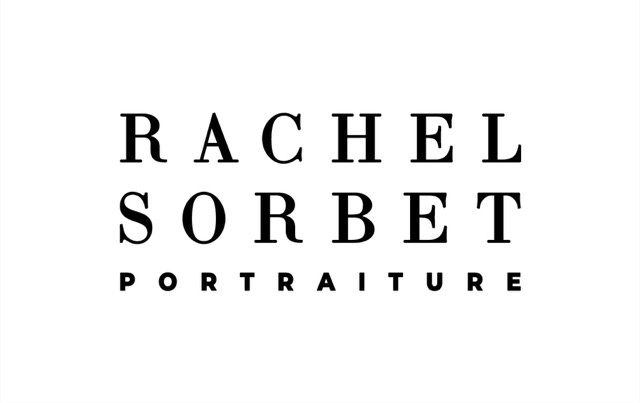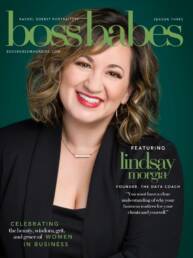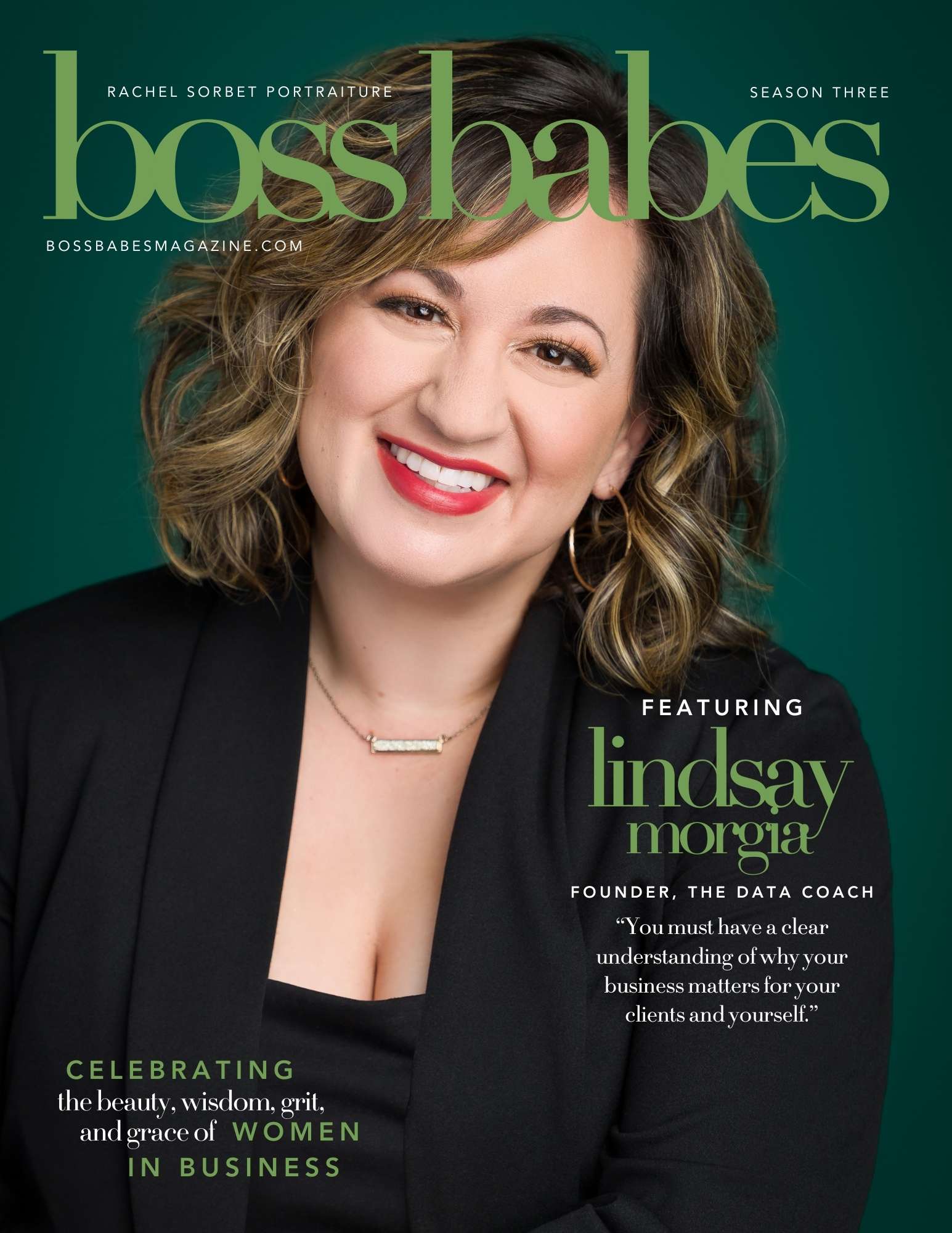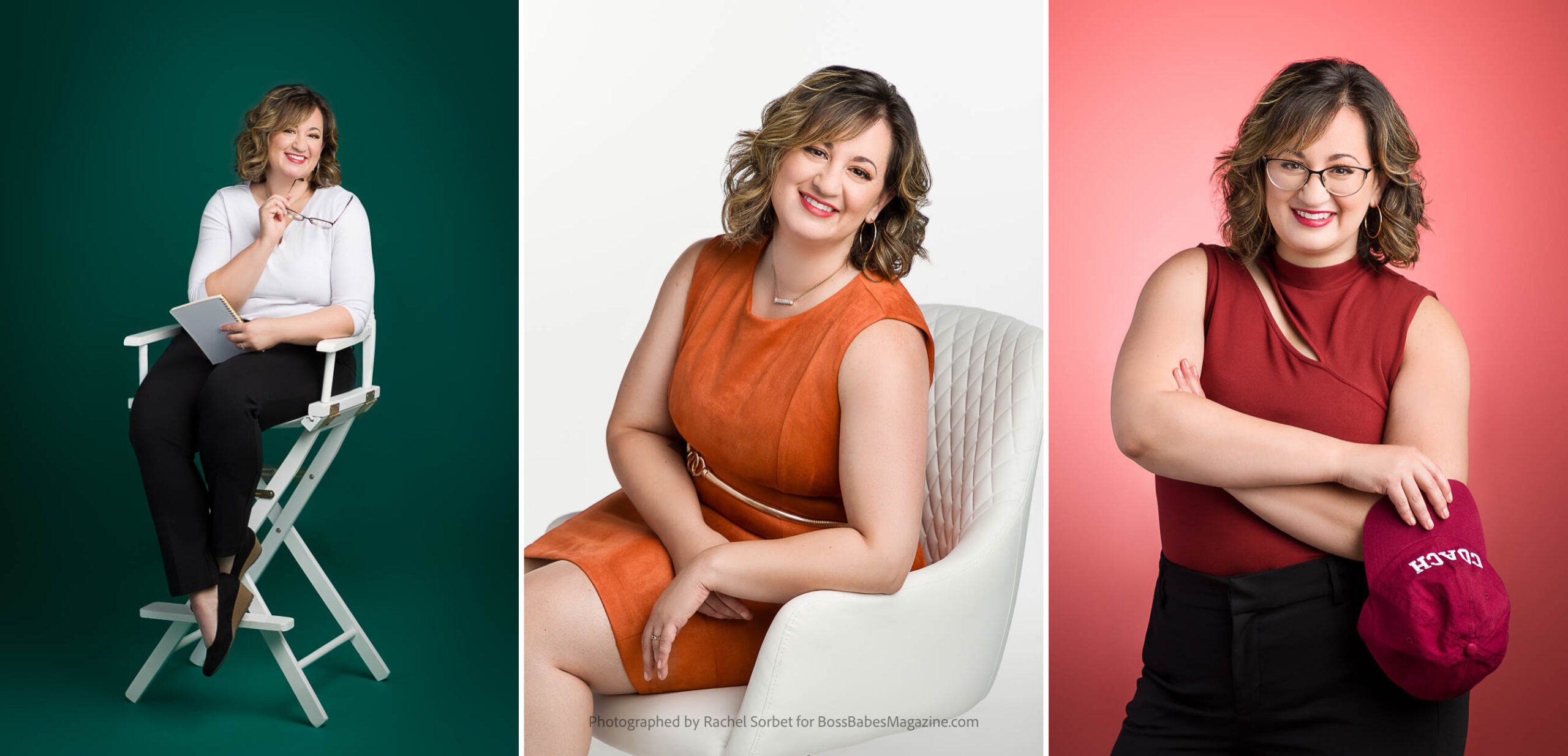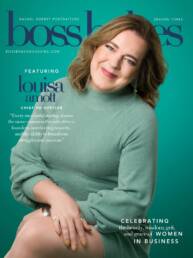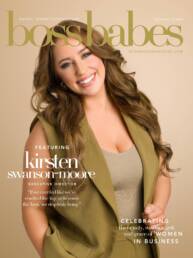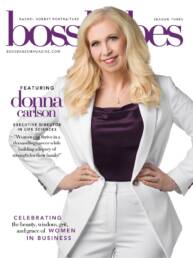What was the best career advice you received early in your career?
“You don’t have to join their club.”
When I was in the first year of my PhD program at UMass Boston, I visited with a mentor of mine, Dr. Laurie Dopkins. After nine years of working in nonprofits, I told Laurie that I felt totally overwhelmed by academic life and a little confused about the rules of academic culture. I also shared that it felt like my professors were pushing me toward becoming a professor instead of a practitioner. I was flattered by their faith in me but wasn’t sure about becoming a full-time academic.
Laurie leaned towards me and said something like, “Of course they want you to be a professor. They see your talent and skills and want you in their club. But you don’t have to join their club. You can always forge your own path.” It was exactly what I needed to hear at that moment, and it’s something I still say to myself as a solopreneur. You don’t have to do what other people think you should do with your career. If you have an idea that can help your neighbors, your community, or the world, and you don’t see anyone else doing it, then make your own club and invite others to join you.
What’s a big lesson you’ve learned in running a business?
Being a solopreneur doesn’t mean you can or should do everything by yourself. That’s been a hard lesson for me to learn because I was raised to be extremely self-sufficient. I’m a data analyst by training, but since starting my business, I’ve had to teach myself how to be an accountant, social media manager, website developer, and email marketer. While I’m glad to have these skills now, it turns out I don’t like doing most of them! I’ve finally conceded that I need to partner with people who are more knowledgeable and talented than me in these areas so I can focus on my real passion, which is helping nonprofits understand how to use data to achieve their missions.
What does the world need more of? Less of?
I think the world could use more curiosity. I’ll admit my bias here – a lot of my work is about asking questions, whether I’m onboarding clients, conducting interviews, or facilitating focus groups. But that’s how we learn, right? Asking good questions helps us understand what other people are thinking, feeling, and experiencing. Listening to others helps us develop empathy, find common ground, and drive us to find practical solutions to the world’s big problems. We could all learn to be a little more curious about each other instead of letting stereotypes or assumptions guide our thinking.
What could we use less of? Distraction. So many things out there are trying to steal our attention and take us away from our passions, the people we care about, and the things we like to do. I don’t have a solution for this one, since I’m just as guilty as everyone else of scrolling for hours on my phone when I could be doing something more interesting! But sometimes I think about how our lives might be different if our attention wasn’t pulled in a thousand different directions all the time.
Tell me about a time you faced imposter syndrome and how you overcame it.
A couple of years ago, I was invited to join a consulting team to evaluate diversity, equity, and inclusion (DEI) policies and programs at a large company. It was definitely outside my comfort zone since I usually work with nonprofits and didn’t know much about corporate culture. However, I assumed that since the company had so many resources, their data would be clean and easy to analyze. I have never been so wrong in my life!
Once the spreadsheets and documents started rolling in and I realized how involved the project was, I got hit with a major case of imposter syndrome. I started to worry that my skills weren’t good enough for a monster project like this. Plus, I had to do a bunch of virtual focus groups on top of the quantitative analysis in a very short time. What if I couldn’t handle it?
But you know what? I did it. It involved many hours, tons of communication, and a lot of brain power. But ultimately, the company was happy with the results and our recommendations. I was proud of myself for taking on the challenge and proving to myself that I can help anyone from the smallest nonprofit to the biggest corporation. I’m sticking with nonprofits, though. That was enough corporate exposure for me!
In your opinion, what are the top three things someone should consider before starting a business?
First, make sure you have a solid grasp of why you want to start a business. And it’s a multifaceted “why,” right? It’s not just why this business idea is good for the people or communities you want to serve. That might be the easy part. But also ask yourself, why is this business idea good for you as an individual? How will starting your business meet your personal and professional needs and goals in ways that a traditional 9-5 job can’t? A clear understanding of why your business matters for your clients and yourself can be an excellent guide for sound decision-making.
Second, reflect on your working style. How do you like to communicate with people? Are you a detail-oriented, day-to-day management person or a big-picture visionary? What characteristics do you look for when you want to collaborate with others, and what kinds of working styles or personality traits have caused conflict? In the beginning, it’s very tempting to take any work you can get, and I think we all go through that to some degree. But to attract the kinds of clients you want, it’s essential to understand your working style to identify the clients you’ll work well with and those who might not be a great match.
Finally – and I’m talking to my fellow introverts right now – you have to go outside on occasion! Go to industry conferences, join a professional association, or spend some time at consultant meetups in your area. Solopreneurship can be a lonely road, and it’s easy for us to get stuck in our own heads. Having just one or two other consultant friends can be a great way to find support and find future business opportunities.
What’s the first thing you do every morning to start your day off on the right foot?
Snuggle with my pit bull, Penny, for a few minutes before getting out of bed. Penny is about 65 pounds of pure muscle, but all she wants to do is cuddle. She was found wandering the streets of South Carolina covered in fleas and may have been used as a bait dog in dogfighting rings. We adopted her from a shelter in Boston in 2020, and she’s been nothing but a love bug ever since. Some folks think that all bully breeds are aggressive, but all the bully dogs I’ve ever met have been absolute sweethearts. Honestly, there’s no better way to start your day than getting snuggles from a big, goofy pittie who has no idea how strong she is!
Lindsay Morgia, M.S., M.P.P. is a research and data consultant for nonprofit organizations and founder of the-data-coach.com. Reprints of the printed magazine are available here.
Would you like to be our next featured woman?
Hello, I’m Rachel Sorbet, a portrait photographer in metro Denver, Colorado and founder of Boss Babes Magazine. As a photographer specializing in women’s business portraits, I found myself being inspired by the career journeys of the women I photographed. My desire to share this wisdom with the world led me to create this magazine.
The Boss Babes publication is a celebration of career women, their grit, grace, and determination. I’d love to help you share your story and create a library of beautiful images that celebrate YOU! Whether you have a thriving business of your own, leading a corporation, or building a side hustle – all career oriented women are invited to participate!
Like this article? Spread the word!
Related Posts
January 14, 2025
Louisa Amott
Louisa Amott is the Chief Human Resources Officer at the Colorado Coalition for the…
January 2, 2025
Kirsten Swanson-Moore
Kirsten Swanson-Moore, MS is a philanthropist and the Executive Director of the Douglas…
January 1, 2025
Kristin Westberg
Kristin Westberg is a Sales Transformation Leader at her company The Rev Collective,…
December 22, 2024
Donna Carlson
Donna Carlson serves as an Executive Director in Life Sciences, with over 25 years of…

